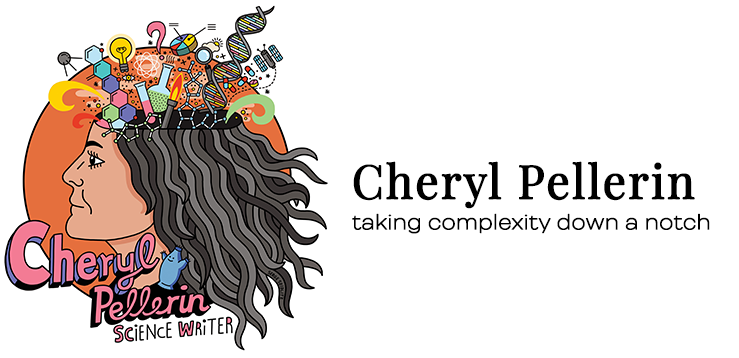The Multidisciplinary Association for Psychedelic Studies (MAPS), a 501(c)(3) nonprofit research organization based in Santa Cruz, California, is sponsoring research to study MDMA-assisted psychotherapy for helping heal psychological and emotional damage caused by sexual assault, war, violent crime and other traumas.

Courtesy MAPS
MDMA, scientifically called 3,4-methylenedioxy-methamphetamine, is a synthetic drug that acts as a stimulant and a psychedelic. And according to MAPS, MDMA is not the same as “ecstasy” or “molly.” Drugs sold on the street under these names may contain MDMA but often also contain unknown and dangerous additives. In lab studies, pure MDMA has been proven safe when taken a limited number of times in moderate doses, according to MAPS researchers.
The MAPS research is part of a $25 million plan to turn MDMA into a Food and Drug Administration-approved prescription medicine by 2021. MAPS is the only organization in the world funding clinical trials of MDMA-assisted psychotherapy. For-profit pharmaceutical companies aren’t interested in developing MDMA as a medicine because the drug’s patent has expired, MAPS says, meaning the drug companies can’t make money on MDMA products.
Treating Severe PTSD
This summer enrollment will begin for a phase 3 program of MDMA-assisted psychotherapy for treating severe posttraumatic stress disorder (PTSD).
A phase 3 study is the final test a drug has to go through before the Food and Drug Administration (FDA) approves it MDMA as a legal prescription treatment for PTSD, required to be used in conjunction with psychotherapy in an outpatient setting with a residential stay. Phase 3 clinical trials compare the safety and effectiveness of the new treatment against the standard treatment.
In this trial, studies called MAPP1 and MAPP2 are randomized, double-blind, placebo-controlled, multisite clinical trials that assess the safety and efficacy of MDMA-assisted psychotherapy in 200 to 300 participants, 18 or older, with severe PTSD from any cause.
The trial will take place at 16 research sites in the United States, Canada and Israel, and participants in the trial’s main portion will be randomized to receive three sessions of MDMA or placebo with psychotherapy over 12 weeks. MDMA is given in three single-dose inpatient psychotherapy sessions spaced three to five weeks apart, along with preparatory and integration sessions.
The main outcome measure for the study is the Clinician-Administered PTSD Scale (CAPS-5), a semi-structured interview used in most clinical trials for PTSD, and measures of psychosocial functioning, depression, sleep quality and others.
MDMA Reduces Fear
According to MAPS, phase II clinical trials have shown that MDMA can reduce fear and defensiveness, enhance communication and introspection, and increase empathy and compassion, enhancing the therapeutic process for people suffering from PTSD.

A corpsman with 2nd Medical Battalion, 2nd Marine Logistics Group, provides security during a Tactical Combat Casualty Care training exercise at Camp Lejeune, N.C. Jan. 22, 2018. TCCC is designed to help corpsmen practice basic medical techniques while in a stressful environment. The corpsmen are evaluated with simulated battlefield scenarios overseen by instructors. (U.S. Marine Corps photo by Pfc. Nicholas Guevara)
In MAPS’ completed phase II trials with 107 participants, 61 percent no longer qualified for a PTSD diagnosis two months after the three sessions of MDMA-assisted psychotherapy. At the 12-month follow-up, 68 percent no longer had PTSD. Before treatment, all participants had chronic, treatment-resistant PTSD and had suffered from PTSD for an average of 17.8 years.
Phase II trial results are being prepared for publication, according to MAPS. “There is now a clear path ahead to make MDMA a legal medicine for millions of people suffering from PTSD,” MAPS writes on its website.
Sign up to participate in MDMA studies at this link: http://www.maps.org/participate/participate-in-research/mdma.


